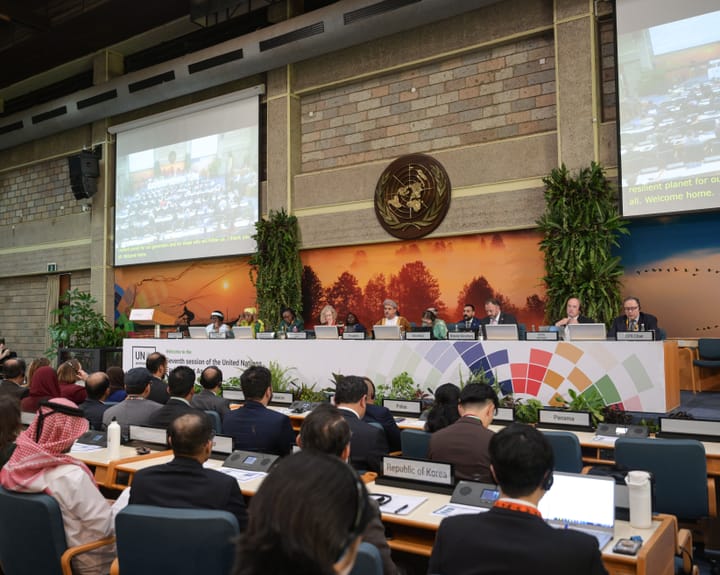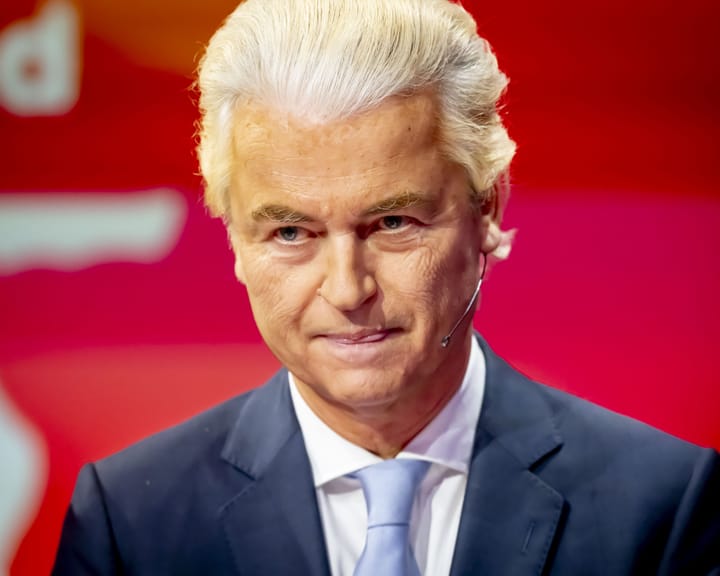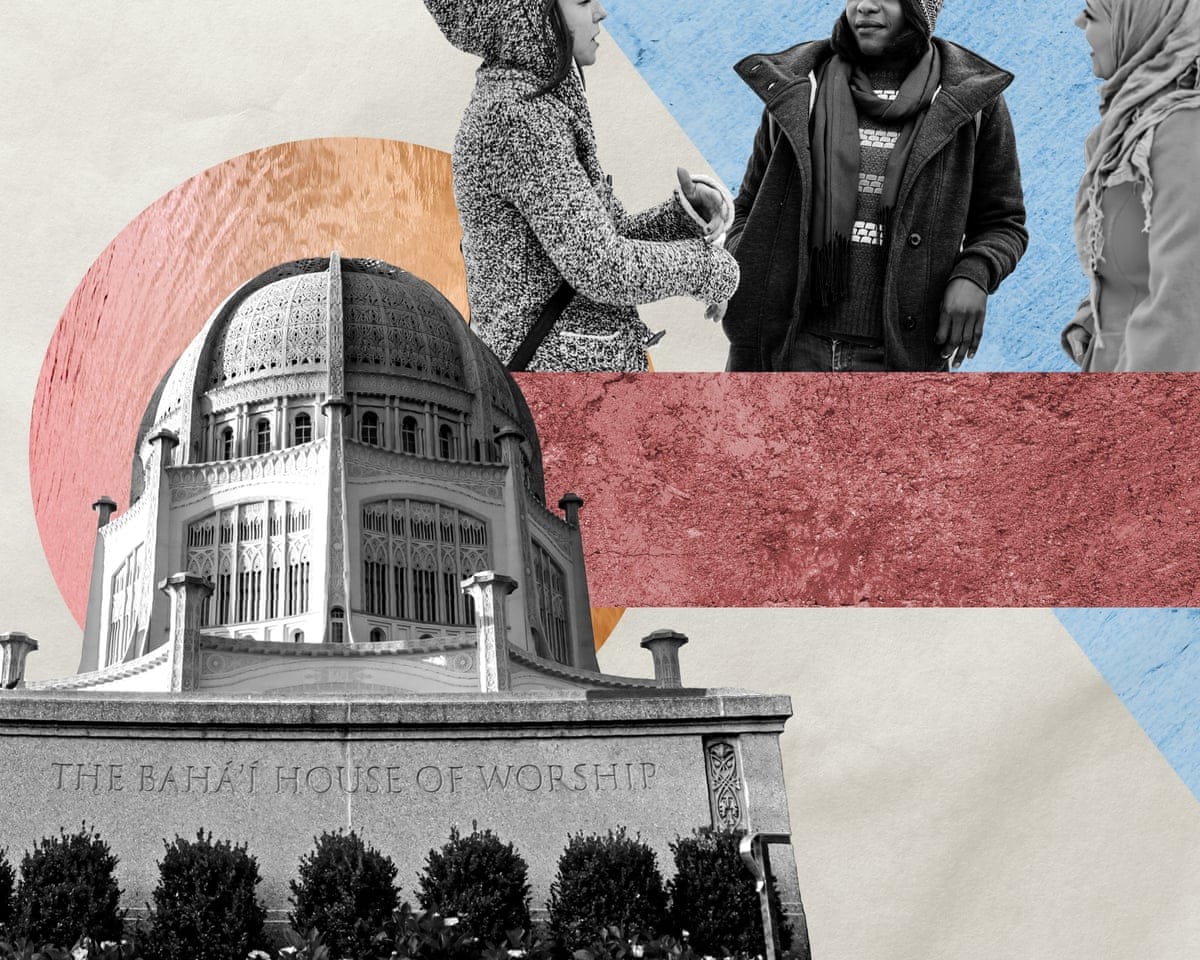Born in Iran after the 1979 Islamic Revolution, I grew up in a society where faith shaped every aspect of public life. But this merging of religion and authority led my family to seek refuge elsewhere. We faced persecution, not for disobedience but simply for being part of the Bahá’í minority—oppression that persists to this day. This experience showed me how faith can be weaponized to marginalize and control. Yet it also revealed that dismissing religion entirely isn’t the solution.
Over 80% of the global population identifies with a religious tradition. Yet in many places—particularly in Western societies—faith is often treated as a personal matter, avoided in public discussions or viewed as a divisive force. The result is a contradiction: a deeply religious world growing increasingly uncomfortable discussing it.
This avoidance has consequences. It fosters a lack of understanding at a time when faith continues to shape global conflicts, social movements, and personal beliefs—from the spread of religious nationalism to faith-inspired aid efforts. In countries like the U.S., religion has become even more prominent in public debates, often with significant political implications.
So how can we discuss faith in a world that needs moral direction but distrusts its language?
### Faith as a Common Legacy
One perspective that has shaped my thinking comes from the Bahá’í principle of progressive revelation—the idea that major religions are expressions of the same divine truth, adapted to humanity’s changing needs. They are not competing doctrines but interconnected parts of a broader narrative. Different lenses, but one guiding light.
What if we viewed religion not as territory to defend but as a collective heritage? Instead of debating which tradition is "correct," we might ask what they each teach us about compassion, justice, and life’s sacredness.
This approach—focusing on shared values rather than divisions—has real-world impact. In Middle Eastern refugee communities, I observed how local interfaith efforts helped displaced individuals reconcile across religious lines. In Jordan, Christian and Muslim women cooked together during Ramadan and Easter, gradually organizing shared meals for their neighbors. These weren’t formal initiatives but organic acts of solidarity, rooted in faith and a refusal to reduce people to labels.
### The Role of Faith in Belonging
My research on Syrian religious-minority refugees in Berlin revealed that secular integration policies often overlooked how central faith was to identity and healing. Successful integration didn’t happen by sidelining religion but by acknowledging its role—through interfaith engagement and inclusive dialogue.
Read next

Africa's Warning on Solar Geoengineering Risks Gains Editorial Backing
It is appropriate that this week’s United Nations environmental discussions are happening in Nairobi, as Africa plays a central role in shaping global climate dialogue. Diplomats from the continent are addressing the complex issue of whether attempting to cool Earth by reducing sunlight exposure is a prudent approach. While

Might Narcolepsy Medication Revolutionize the World?
Breakthroughs in Sleep Science Reveal Surprising Insights
During a conversation with a pharmaceutical researcher, I learned of significant progress in sleep medications. One promising development targets narcolepsy, though its method could also address broader sleep issues like insomnia, much like how certain unexpected innovations find wider applications — akin to adhesive

"Far right still dominant in Netherlands despite Wilders' government setback"
Dutch Voters Head to the Polls Amid Political Instability
On Wednesday, Dutch citizens will cast their votes once again, marking the ninth election for the Tweede Kamer—the legislative chamber of the Netherlands’ parliament—in this still young century. In some respects, the country has come to resemble Italy in

